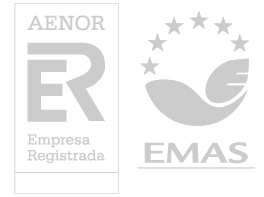INGLÉS A2.1
- Desde: 2/10/17
- Hasta: 18/12/17
- Campus de Valencia
- Idioma: Castellano
- Presencial
Matrícula disponible hasta el 22/9/17
Promovido por:
Centro de Lenguas
Responsable de la actividad:
Modalidad
| Presencial | Online | Emisión en directo |
|---|---|---|
|
50 horas |
0 horas |
0 horas |
| Horario |
|---|
|
Mañana y Tarde
|
| Lugar de impartición |
|---|
| CENTRO DE LENGUAS, EDIFICIO 4P. PLANTA BAJA. |
PRESENCIAL
2017-2018
0
Valencia
Presenciales
Online
| Precio | Colectivo | Plazos | Desde | Hasta |
|---|---|---|---|---|
| 225 € | Alumni UPV PLUS o AAA UPV MATRÍCULA DIRECTA sin prueba de nivel. | 1 plazo | 4/9/17 | 22/9/17 |
| 225 € | Personal UPV MATRÍCULA DIRECTA sin prueba de nivel. | 1 plazo | 4/9/17 | 22/9/17 |
| 225 € | Alumno UPV MATRÍCULA DIRECTA sin prueba de nivel. | 1 plazo | 4/9/17 | 22/9/17 |
Solo para miembros UPV
Matrícula:
Del 4 de septiembre a las 9:00 horas hasta el 22 de septiembre a las 14:00 horas.
Objetivos
Acción formativa dirigida a
Profesores
Metodología didáctica y sistemas de evaluación
Temas a desarrollar
Contacto
Página web: https://www.upv.es/cdl





